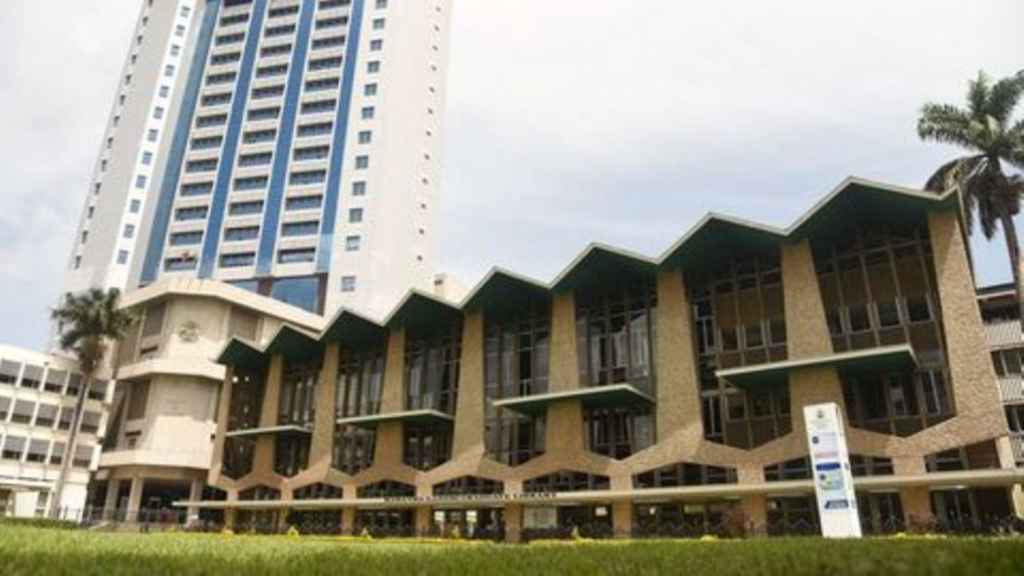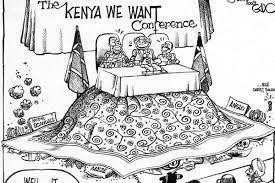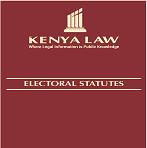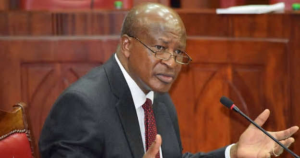University of Nairobi in Nairobi, Kenya/ NMG/ PHOTO
NAIROBI, Kenya, Nov 11 – The World Bank is pushing for the closure of broke government universities and corporations that are making losses as it approved multi billion loan facilities to support the country’s budget and help the economy recover from the effects of the Covid-19 pandemic.
In an advisory to the government, the Bank says the move could help plug losses to the exchequer while increasing overall economic efficiency.
“Address the proliferation of SCs [State-owned companies] and rationalise commercial and non-commercial SCs. For example, measures to address overlapping mandates and consolidating SCs in the education sector could improve the efficiency of public spending on higher education and reduce spending pressures,” the World Bank said in the Kenya State Corporations Review.
The Global lender has called for merging of universities offering duplication of courses in a bid to cut spending.
The move could see thousands of civil servants lose their jobs as the tough conditions need to be met to guarantee the loan facilities.
Kenya universities have been facing financial strains in the recent past and have received Sh70 billion from the Treasury to run their operations. The country has 102 public universities and campuses.
In 2017 the Auditor General report indicated that eleven public universities were technically insolvent and could not meet their financial obligations.
The institutions in the red include, Kenyatta University, Jomo Kenyatta University of Agriculture and Technology (JKUAT), Technical University of Kenya (TUK), the University of Nairobi (UoN), Laikipia University, Machakos University College and Masinde Muliro University among others.
The list also includes Nairobi-based Multimedia University, Murang’a University, Embu University, Pwani University and the University of Eldoret.
The World Bank is seeking acceleration of the closure in the wake of losses reflected in the performance of the top public universities.
The World Bank and the International Monetary Fund (IMF) are expected to play a role in shaping policy that may require the government to implement tough conditions across many sectors.


















